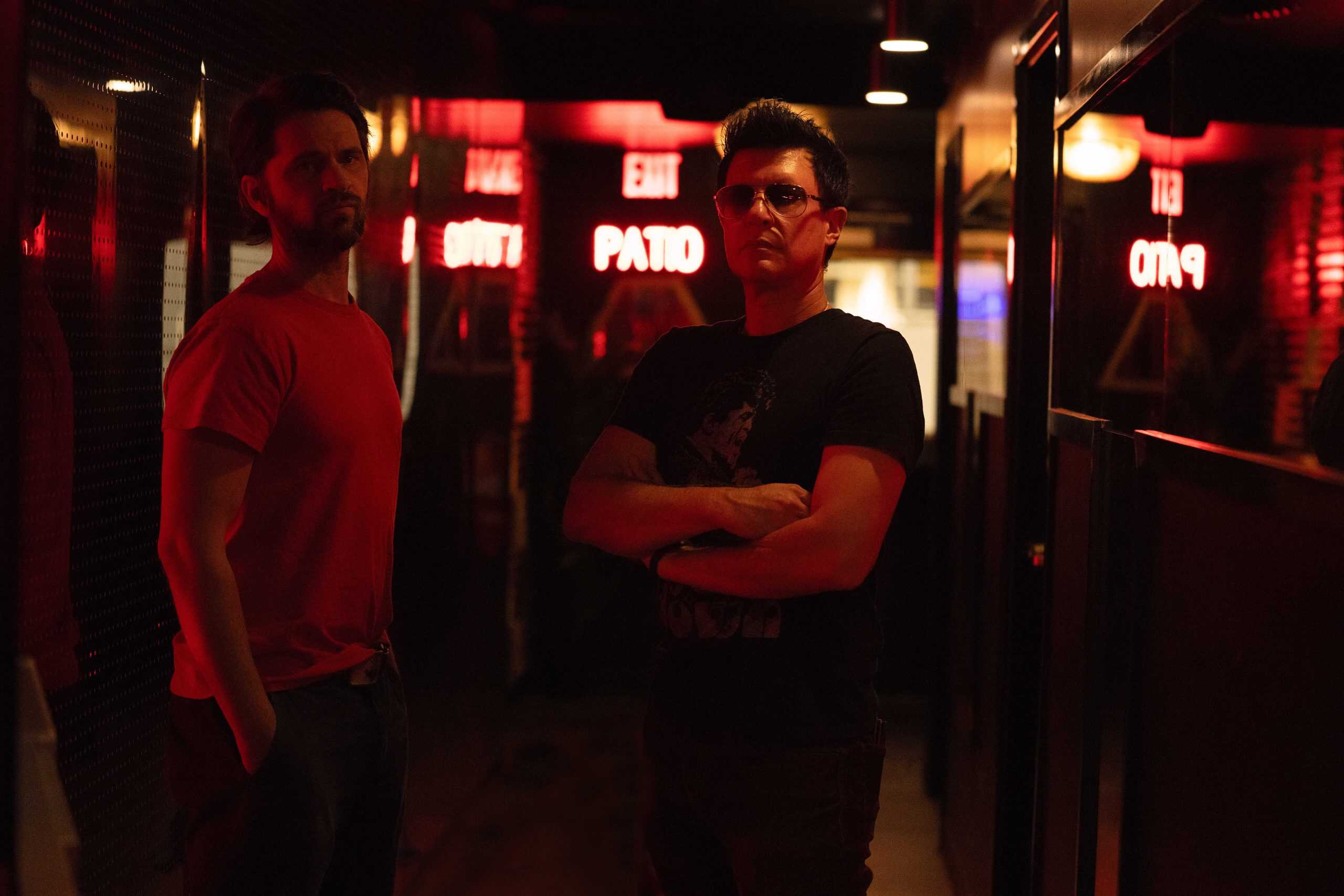Southern retro‑soul outfit Bonneville delivers their spectacular sophomore album Flying Machine, a nine‑track deep dive into the warmth of ’70s soul and the boldness of contemporary funk. The release reaffirms their mission: honouring Southern musical heritage while fearlessly pushing its boundaries.
From the start, Flying Machine channels the lush analog grooves of Curtis Mayfield and Bobby Womack, then pivots toward a modern funk‑jazz fusion reminiscent of Jamiroquai. Guest turns by harmonica master Mickey Raphael and guitar hero Will McFarlane, along with members of the Muscle Shoals FAME Gang, infuse the record with undeniable pedigree and depth.
Standout tracks on Flying Machine reveal the full range of Bonneville’s sonic ambition. “Undercover Woman” begins as a simmering, funk-laced slow burn before erupting into a joyful, house-party finale—its narrative of emotional breakthrough mirrored in the song’s dynamic build. “Boogeyman” delivers a dose of gritty inner-city soul with a message, powered by Mickey Raphael’s wailing harmonica, Will McFarlane’s searing guitar, and a horn section that hits like a freight train; it’s a protest anthem disguised as a dancefloor banger. On “Beautiful One,” the band leans into glossy post-disco and house influences, crafting a biting commentary on modern club culture wrapped in irresistible groove.
“The Chase” stands out as a cinematic instrumental, channelling ’70s car-chase soundtracks with flutes, vibraphone, and an explosive bass solo, while “Lady of the Tennessee” brings it all back home, marrying Southern rock and soul into a reflective ballad about place, spirit, and belonging. The title track, “Flying Machine,” is perhaps the most ambitious: a dreamy, retro-electronic funk track that floats between wonder and urgency, anchored in a childlike vision and elevated by a soaring groove. Each track plays a role in building the album’s identity: one rooted in soul, but always looking skyward.
Flying Machine is not just a throwback—it’s a stylistic statement. Produced by Starita alongside band co‑producers Jeff Hayashi (guitar, keys) and vocalist Wes McGee, the album embraces layered production without losing the raw warmth of live instrumentation. It’s clean but never clinical.
On Flying Machine, Bonneville cements itself as a torchbearer of classic Southern soul, but with their eyes fixed on the future. It’s a collection equal parts nostalgic and forward-looking, requiring listeners to move, think, and feel. Whether grounding their sound in grit and groove or drifting into dreamlike funk, Bonneville proves that vintage soul still has the capacity to surprise. In a musical season craving authenticity and innovation, Flying Machine hits the sweet spot.






